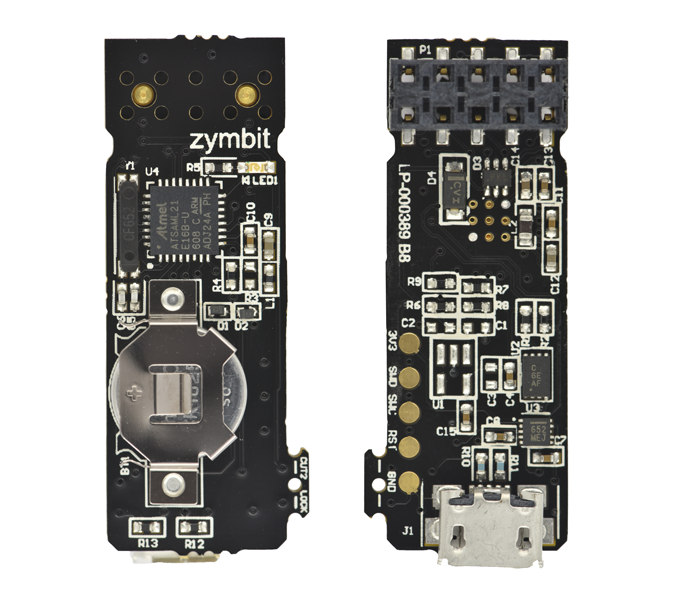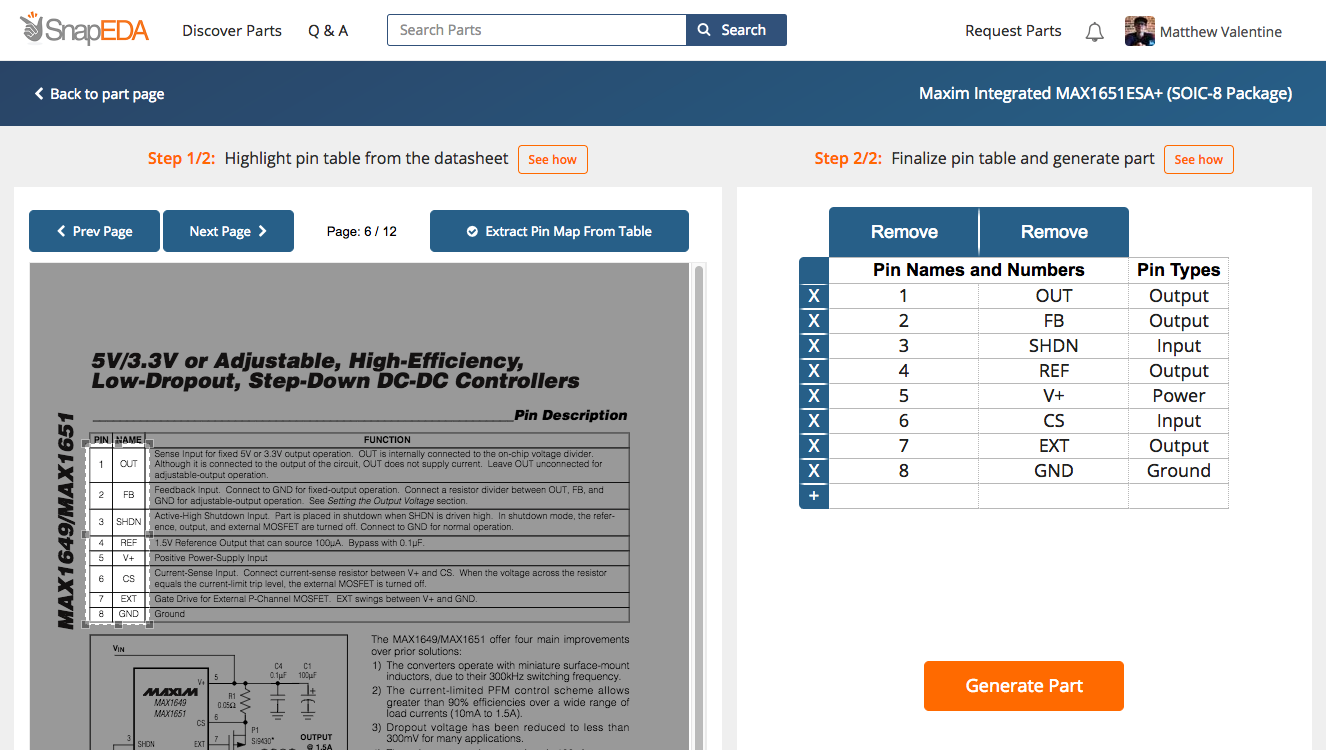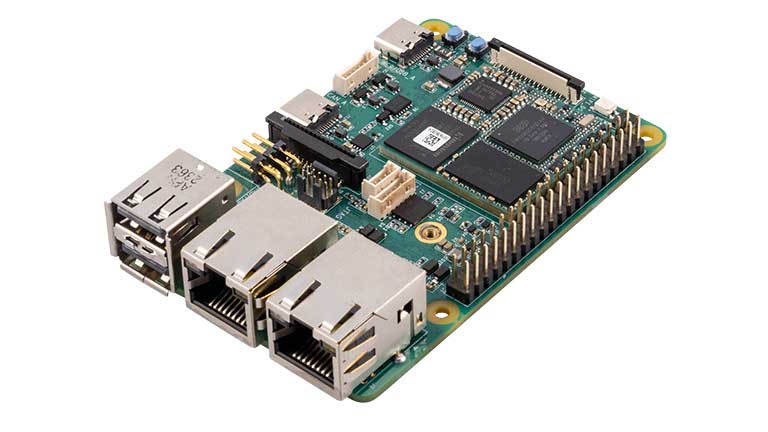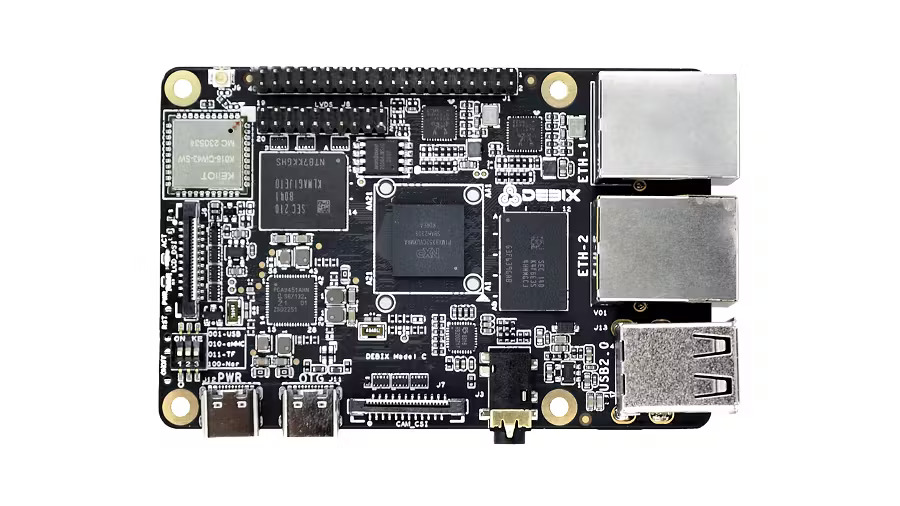
Security Module for Raspberry Pi. Easy to integrate. Hard to penetrate. Zymkey secures all your digital assets from cyber-physical threats.
Raspberry Pi is no longer just the purview of educational establishments and hobbyists; Pis of all flavors, and in particular Raspberry, have graduated to commercial applications with millions deployed in the field and many more in the pipeline. This growth should be no surprise given the generation of coders who are growing up on Pi and the accessibility enabled by a low price, expansive ecosystem and robust supply chain. Expect more Pis to show up in thin clients, digital signage, kiosks and more!
A higher standard of security is expected
Pi developers is that they are increasingly being held to a high standard of security by customer CISOs who care about penetration of their networks and by their company CEOs who care about protecting the intellectual property that sits on the removeable SD card. At a recent meeting with an executive of a public company who uses Raspberry Pi (yes they do) we were asked the question
So what specifically is worth securing on our Pi?
This was a serious question on her part, motivated by a proactive strategy of protecting her company’s digital assets and her customers’ infrastructure. The answers we discussed are the motivation for this post.
Features
- Multifactor Device ID & Authentication
- Data Encryption & Signing
- Key Storage & Generation
- Physical Tamper Detection
- Secure Element Root of Trust
They have two models of the I2C security module: Zymkey 4i going for $43 and available now, and if you need support for blockchain technology, Zymkey 5i can be pre-ordered for $47 with 32 unique key slots, and support for secp256K1 curves. The 5i model is expected to ship on September 15 onwards. The USB stick version appears to be an earlier product, and I could not find it for sale right now.
more info: www.zymbit.com

















